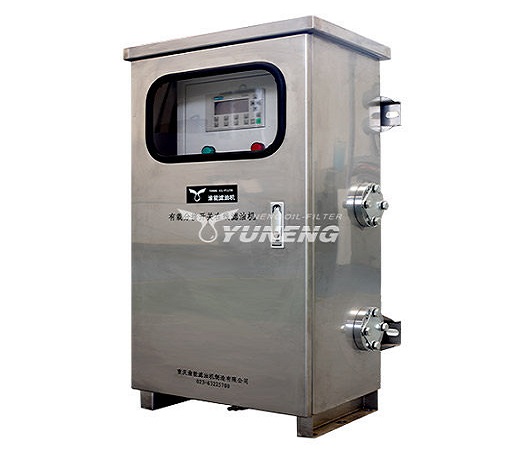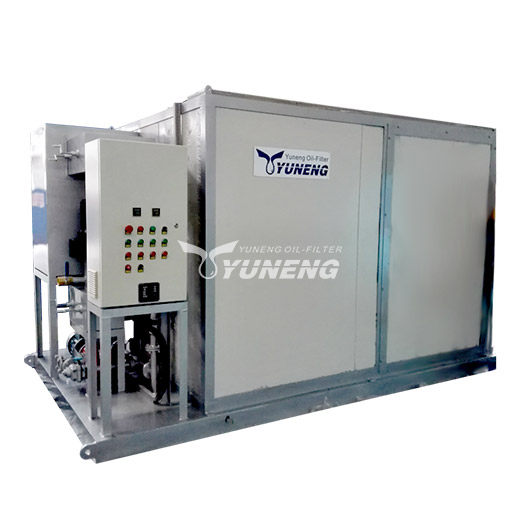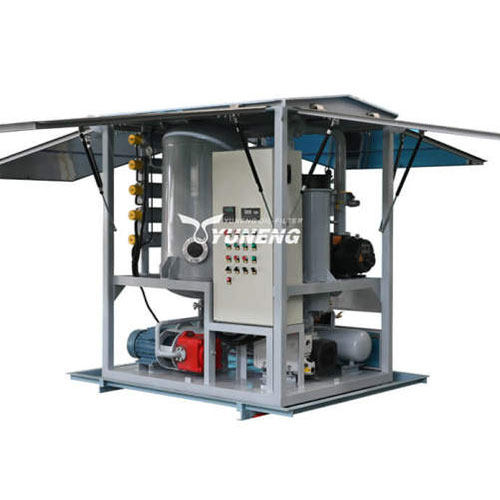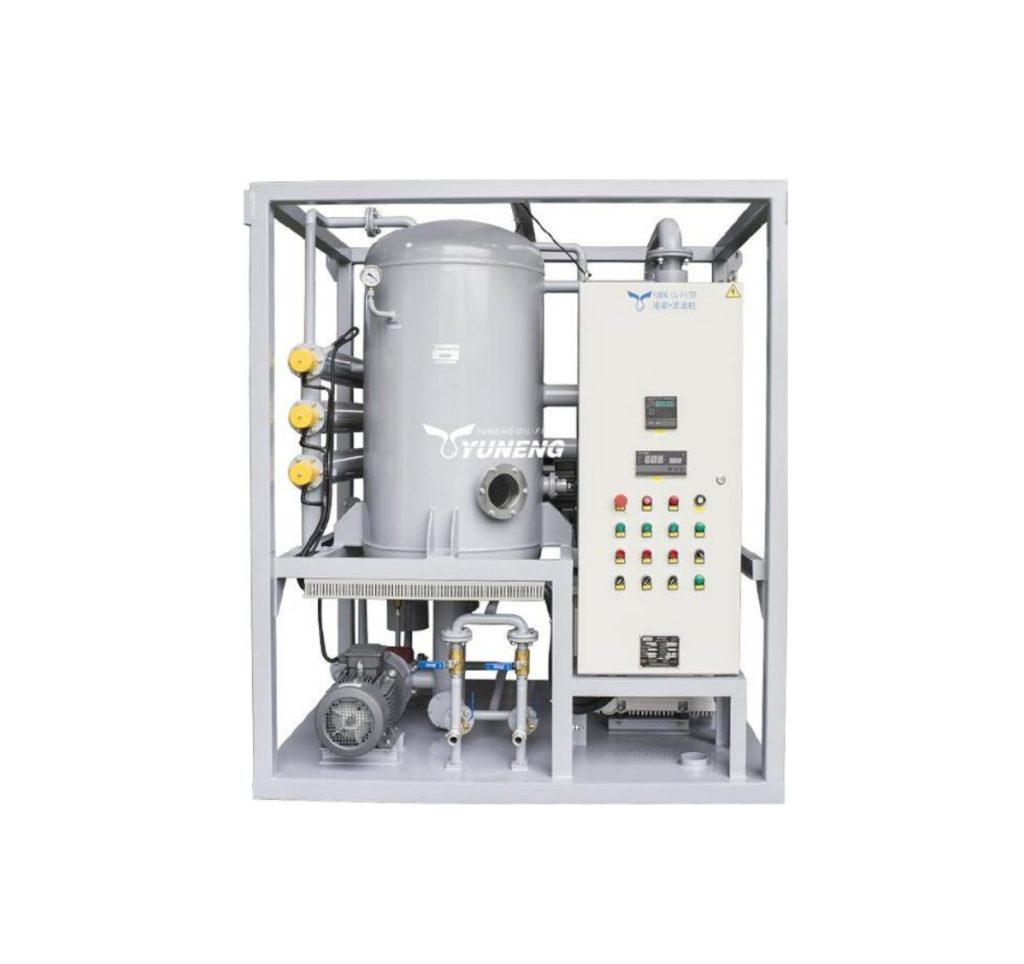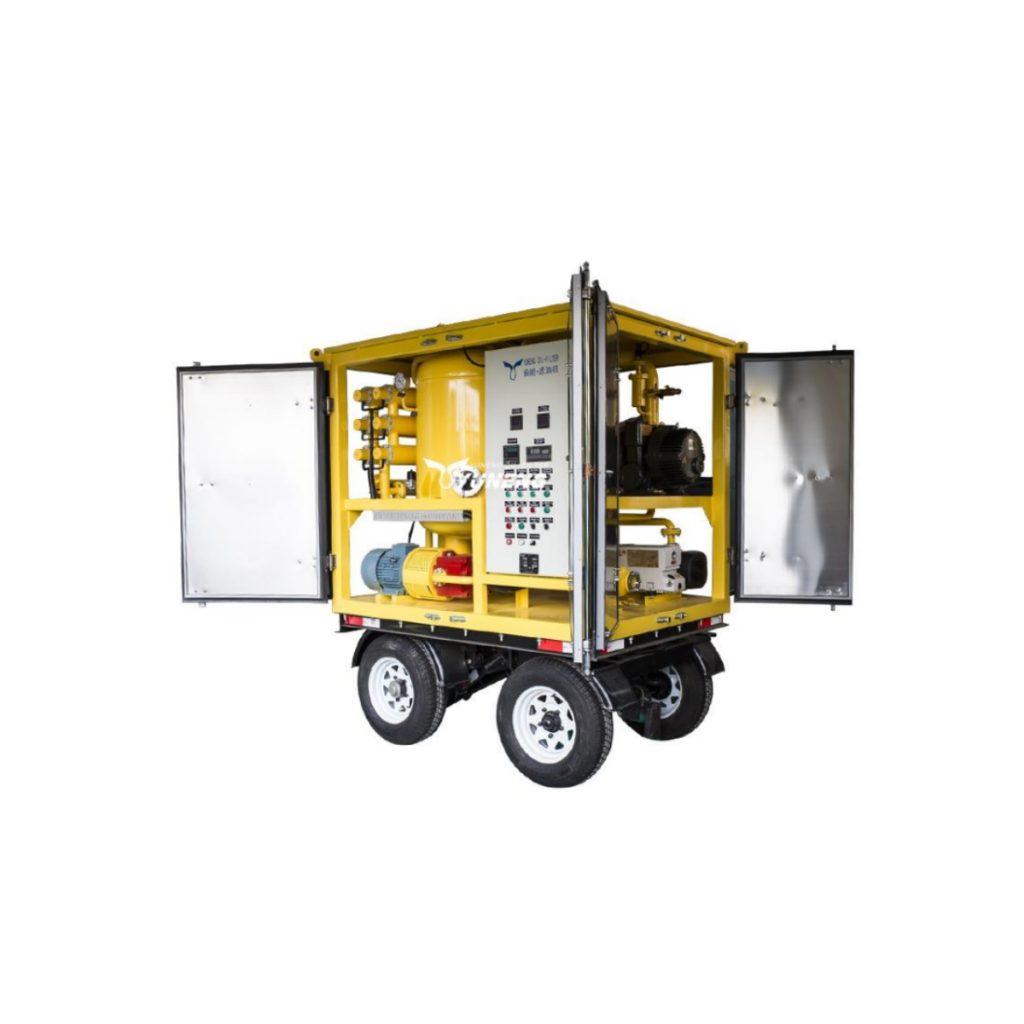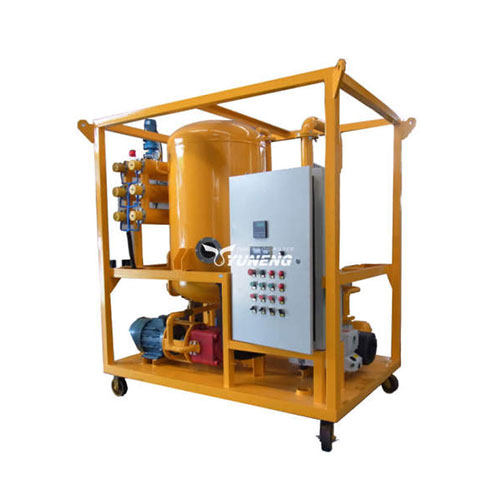Impact of Unstable Vacuum on Transformer Oil Filtration Machines and Solutions
Transformer oil filtration machines are essential tools for maintaining the health of transformer oil. These machines employ a vacuum process to remove impurities and moisture from the oil, extending transformer life and enhancing system reliability. However, the effectiveness of transformer oil filtration machines is highly dependent on maintaining a stable vacuum level throughout the filtration process. In this article, we will delve into the detrimental effects of unstable vacuum on transformer oil filtration machines and explore solutions to address this issue.
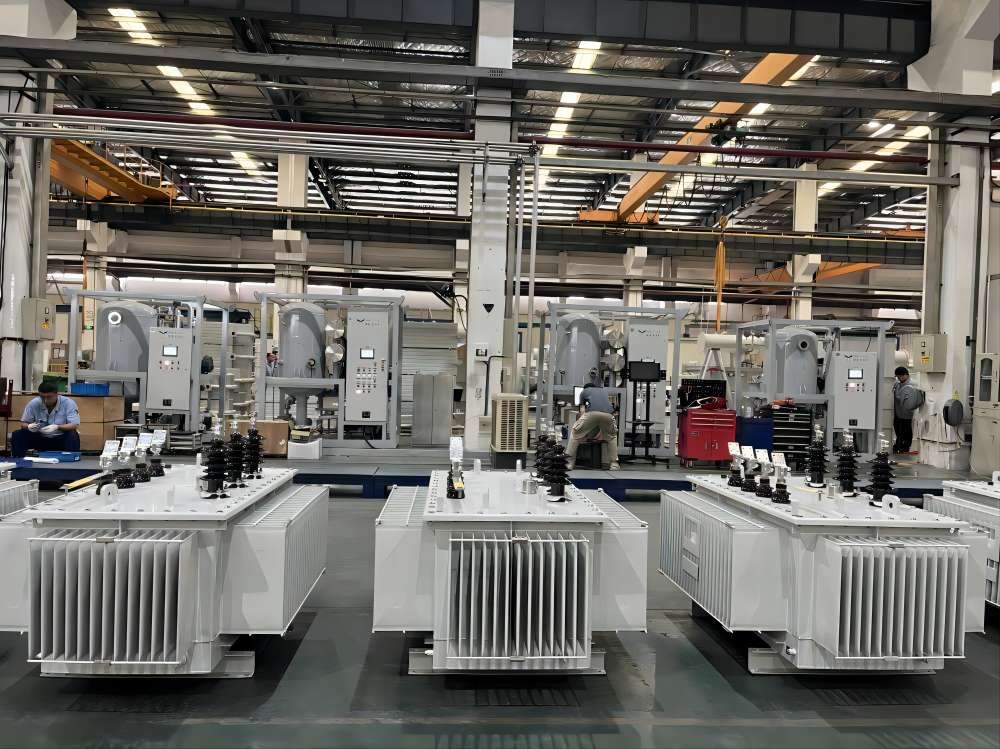
Impact of Unstable Vacuum on Transformer Oil Filtration Machine Performance
During transformer oil filtration, a stable vacuum is crucial for optimal performance. The vacuum level directly influences the machine’s ability to remove contaminants and moisture from the oil. When the vacuum becomes unstable, it can lead to several problems:
- Ineffective or Clogged Filter Elements: Transformer oil filtration machines utilize filter elements to capture impurities and moisture from the oil. These filter elements play a critical role in the filtration process. An unstable vacuum can negatively impact the performance of the filter elements in two ways. Firstly, if the vacuum level fluctuates significantly, it can cause the filter elements to become clogged prematurely, reducing their filtration efficiency. Secondly, an excessively low or unstable vacuum may not provide sufficient force to draw the oil through the filter elements effectively, leading to unfiltered oil being returned to the transformer.
- Leakage Issues: Transformer oil filtration machines consist of various components connected through pipelines and flanges. Leaks within these connections can disrupt the vacuum pressure. Even minor leaks can significantly compromise the machine’s ability to maintain a stable vacuum level. Leaks are most common at connection points like flanges, O-rings, and threaded connections.
- Vacuum Pump Problems: The vacuum pump is the heart of the transformer oil purification machine. It is responsible for generating and maintaining the necessary vacuum level throughout the filtration process. Issues with the vacuum pump, such as reduced operating speed or worn internal parts, can significantly impact its ability to generate and maintain a stable vacuum.
- Leaks in Vacuum Lines: The vacuum lines connect the various components of the transformer oil purification machine and play a vital role in maintaining the vacuum pressure. Leaks within these lines, regardless of size, can disrupt the overall vacuum level, hindering the machine’s performance.
- Insufficient or Contaminated Vacuum Pump Oil: Transformer oil filtration machines utilize vacuum pump oil to lubricate and cool the internal components of the vacuum pump. Insufficient vacuum pump oil can lead to increased friction and wear within the pump, hindering its ability to maintain a stable vacuum. Additionally, if the vacuum pump oil becomes contaminated with water or other impurities, it can lose its lubricating properties, again affecting the pump’s performance and compromising the vacuum level.
- Excessive Water Vapor in Extracted Gases: In some instances, transformer oil may contain a high concentration of moisture. During the filtration process, the transformer oil purification machine removes this moisture along with other contaminants. However, a large amount of water vapor extracted from the oil can significantly impact the vacuum level, causing fluctuations or even temporary reductions in vacuum pressure.
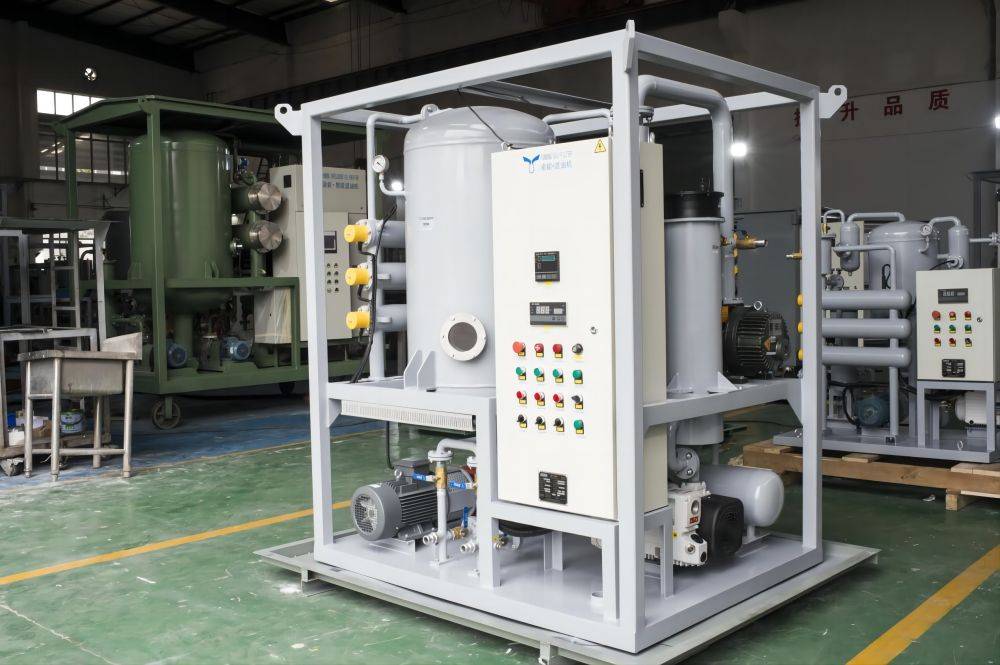
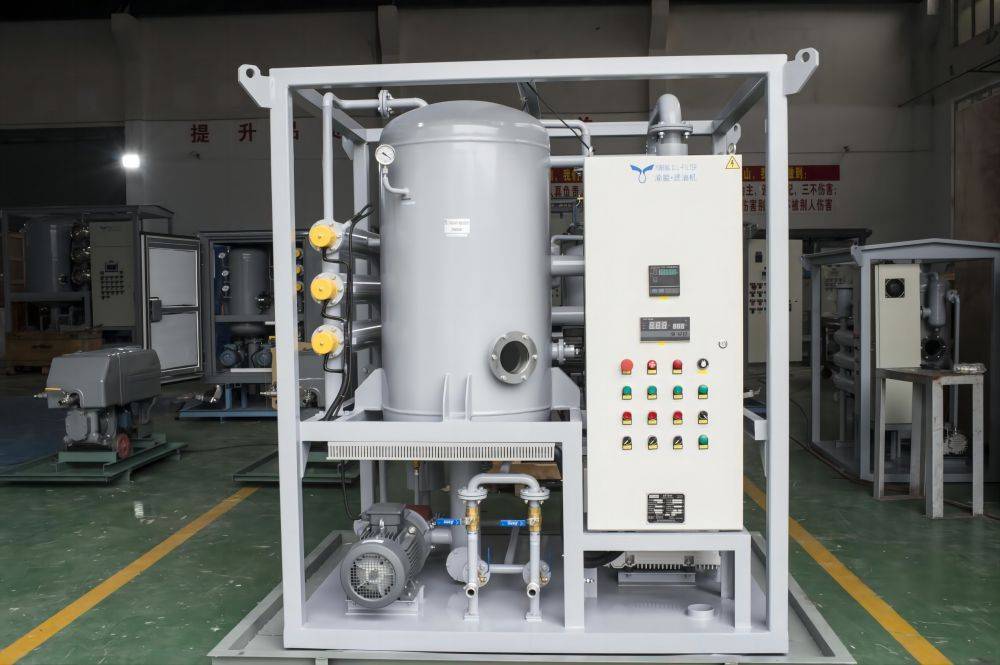
Solutions for Maintaining Stable Vacuum in Transformer Oil Filtration Machines
To ensure optimal performance of your transformer oil filtration machine and achieve effective oil cleaning, maintaining a stable vacuum pressure is crucial. Here are some key solutions to address and prevent unstable vacuum:
- Regular Filter Element Maintenance: Regular inspection and maintenance of the filter elements are essential. Filter elements should be replaced or cleaned according to the manufacturer’s recommendations and based on the observed level of contamination in the processed oil. By ensuring clean and functional filter elements, the machine can maintain optimal filtration efficiency and minimize the risk of vacuum fluctuations caused by clogged filters.
- Leak Detection and Repair: A comprehensive inspection program should be implemented to identify and promptly repair any leaks within the transformer oil filtration machine. This program should involve a thorough visual inspection of all connection points, flanges, O-rings, and threaded connections. Any identified leaks should be repaired immediately using appropriate replacement parts and following the manufacturer’s recommended procedures.
- Vacuum Pump Maintenance and Repair: Regular maintenance of the vacuum pump is vital for ensuring its optimal performance and maintaining a stable vacuum level. Maintenance activities may include oil changes, filter replacements, and inspections for wear and tear on internal components. If any damaged parts are identified, they should be promptly replaced with genuine manufacturer-recommended parts to ensure proper pump function.
- Vacuum Line Inspection and Repair: The integrity of the vacuum lines is critical for maintaining a stable vacuum. Regular inspections should be conducted to identify and repair any leaks within the vacuum lines. These inspections may involve visual checks or the use of specialized leak detection equipment.
- Maintaining Proper Vacuum Pump Oil Level and Quality: The vacuum pump oil level should be checked and refilled regularly as per the manufacturer’s instructions. Using the recommended oil type is crucial, as different vacuum pump models require specific oil properties for optimal performance. Contamination of the vacuum pump oil with water or other impurities can significantly impact the pump’s efficiency. Therefore, the oil should be replaced periodically based on the manufacturer’s recommendations and operating conditions.
- Adjusting Processing Procedures for High Moisture Content Oil: In situations where the transformer oil being processed has a high moisture content, adjustments to the filtration process may be necessary to minimize the impact on the vacuum level. This could involve implementing a pre-treatment stage to remove some of the moisture before the oil enters the main filtration process. Additionally, lowering the operating temperature of the transformer oil purification machine can help to reduce the amount of water vapor extracted during filtration, thereby minimizing disruptions to the vacuum level.
Benefits of Maintaining a Stable Vacuum
Maintaining a stable vacuum level in transformer oil filtration machines is crucial for achieving optimal performance and ensuring the health of the transformer. Here are some key benefits:
- Enhanced Filtration Efficiency: A stable vacuum ensures that the transformer oil filtration machine operates at peak efficiency. Contaminants and moisture are effectively removed from the oil, maximizing the cleanliness and insulating properties of the transformer oil.
- Improved Transformer Oil Quality: Stable vacuum filtration helps to maintain the desired properties of the transformer oil, such as high dielectric strength and low moisture content. This, in turn, extends the lifespan of the transformer and minimizes the risk of electrical faults.
- Reduced Operating Costs: By maintaining the health of the transformer oil, stable vacuum filtration helps to reduce the need for costly transformer replacements and repairs. Additionally, efficient filtration minimizes downtime associated with transformer maintenance, contributing to improved system reliability and reduced operational costs.
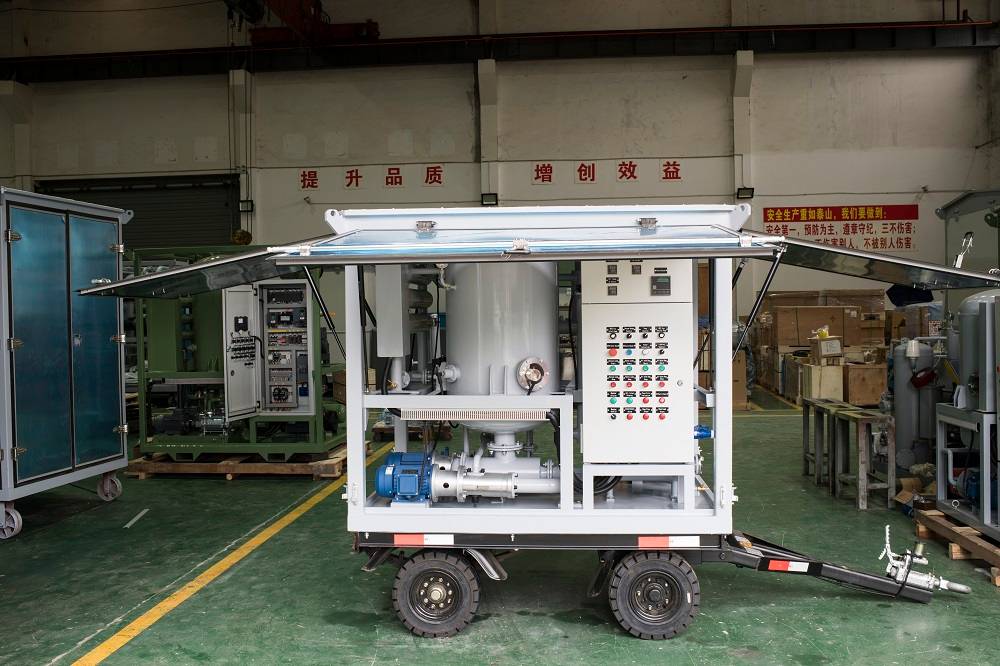
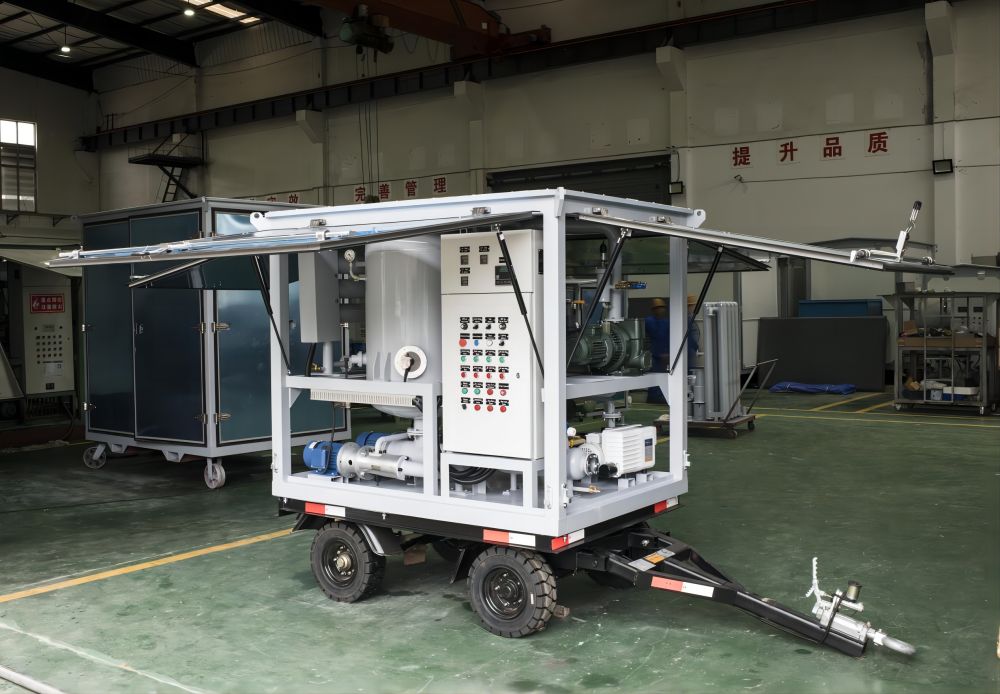
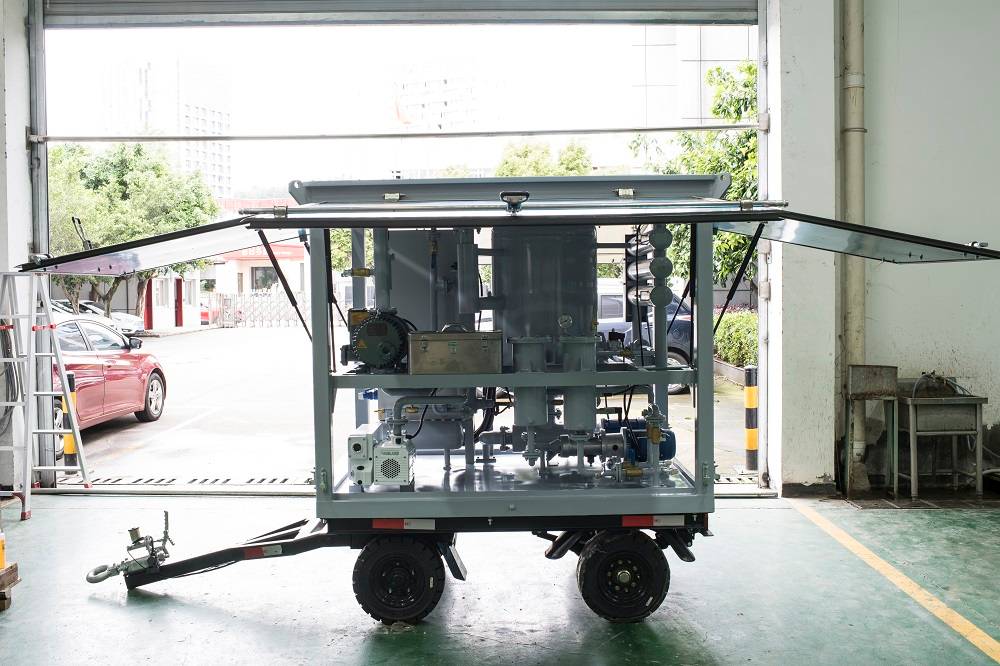
Conclusion
Transformer oil filtration machines play a vital role in maintaining the health and efficiency of transformers within power systems. A stable vacuum level is essential for these machines to function optimally and effectively remove contaminants and moisture from transformer oil. By understanding the detrimental effects of unstable vacuum and implementing the solutions outlined in this article, operators can ensure the proper functioning of transformer oil filter machines, thereby extending transformer lifespan, enhancing system reliability, and minimizing operational costs.

